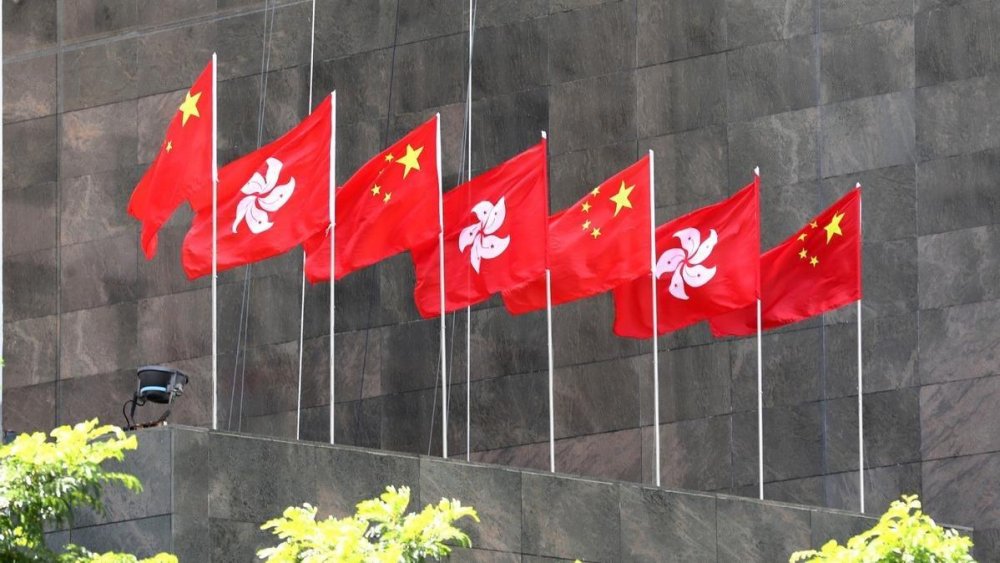
Leaders from various sectors in Hong Kong voiced their support for the ongoing legislation of the Safeguarding National Security Ordinance, saying it adopts forward-looking approaches in accordance with common international practices.
Hong Kong lawmakers unanimously approved the proposed ordinance, legislated in accordance with Article 23 of the Basic Law, at its third reading on Tuesday.
Cross said the power to issue subsidiary legislation ensures comprehensive protection, which is both constitutionally legitimate and forward-looking
The ordinance aims to prohibit five acts endangering national security, including treason, theft of State secrets, and espionage.
Grenville Cross, a senior counsel and former director of public prosecutions of the Hong Kong Special Administrative Region, praised an amendment the government proposed to the bill that empowers the chief executive, after consulting with the Executive Council, to create subsidiary legislation to safeguard national security.
Cross said the power to issue subsidiary legislation ensures comprehensive protection, which is both constitutionally legitimate and forward-looking. He added that this power is essentially precautionary and designed to fill any potential gaps in the city’s defensive network.
David Meyer, a senior lecturer at Washington University in St Louis, and professor emeritus of sociology and urban studies at Brown University, said that when he interviewed some business leaders based in Hong Kong in December, he discovered that contrary to fears, the surveyed business leaders agreed that the proposed national security ordinance would protect their businesses and provide stability for their operations.
Richard Cullen, an adjunct professor in the Faculty of Law at the University of Hong Kong , said the ongoing national-security trial of Apply Daily founder Jimmy Lai Chee-ying provides context for the legislation.
The proposed provisions align with international standards, ensuring the protection of State secrets without impeding normal business activities, social interactions, or the political rights and freedoms of Hong Kong residents
Lai is facing charges under the National Security Law for Hong Kong, including conspiracy to collude with external forces to endanger national security.
Cullen said that the evidential narrative emerging from Lai’s trial highlights the necessity of the legislative work.
Nicholas Chan Hiu-fung, a solicitor and the director of the Asian-African Legal Consultative Organization Hong Kong Regional Arbitration Centre, said expediting the legislation of Article 23 in Hong Kong will enable the SAR to focus on economic growth while effectively countering external interference.
He further emphasized that the proposed provisions align with international standards, ensuring the protection of State secrets without impeding normal business activities, social interactions, or the political rights and freedoms of Hong Kong residents.
Tu Haiming, chairman of the Hong Kong New Era Development Thinktank, refuted Western countries’ critics regarding the “extraterritorial effects” of the proposed legislation.
Tu said national security laws in countries like the United States, the United Kingdom, Australia, and Canada all have extraterritorial effects based on principles of personal jurisdiction and protective jurisdiction.
He emphasized that the bill drafters have maintained a delicate balance between upholding national security, protecting individual rights, and deterring acts that jeopardize national security.
Source: China Daily [2024-03-19]




